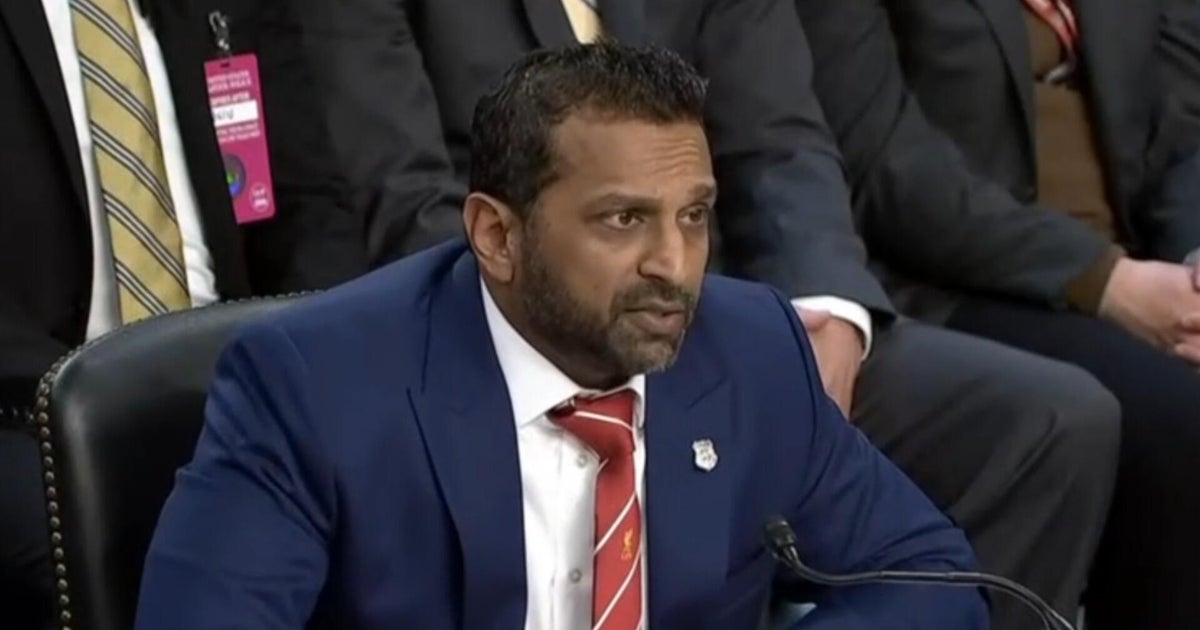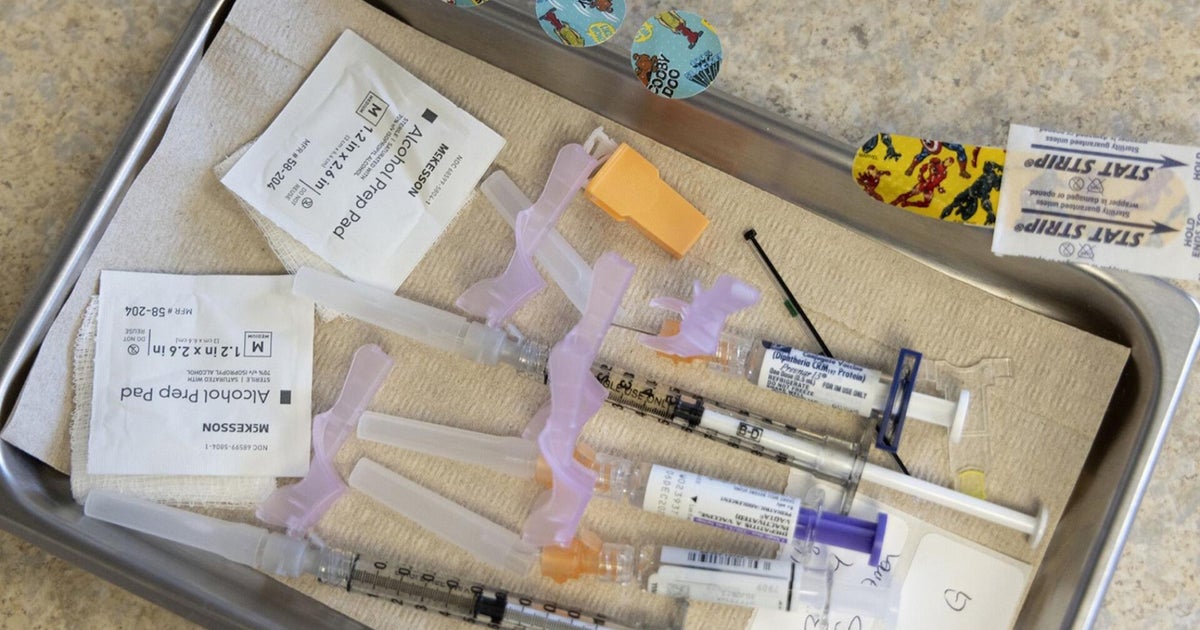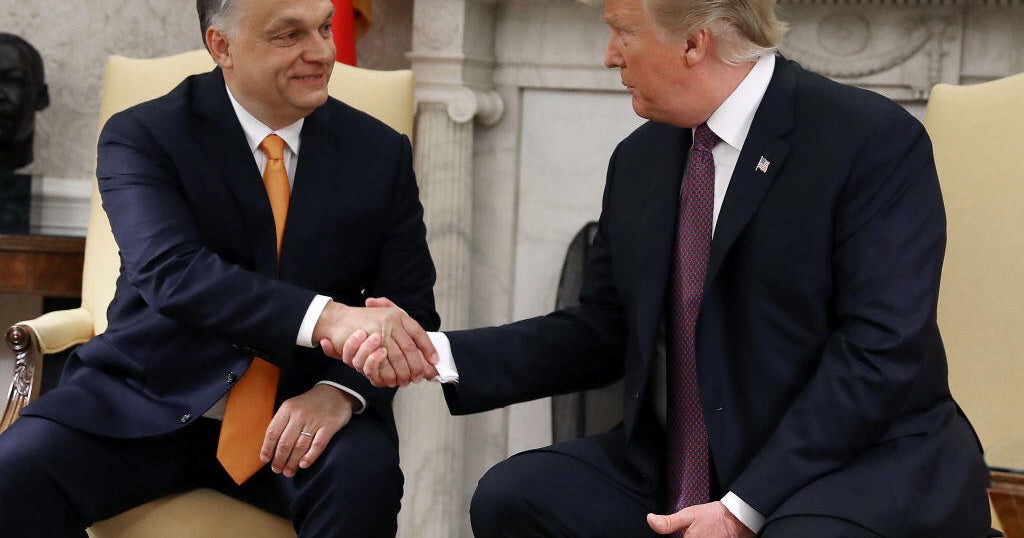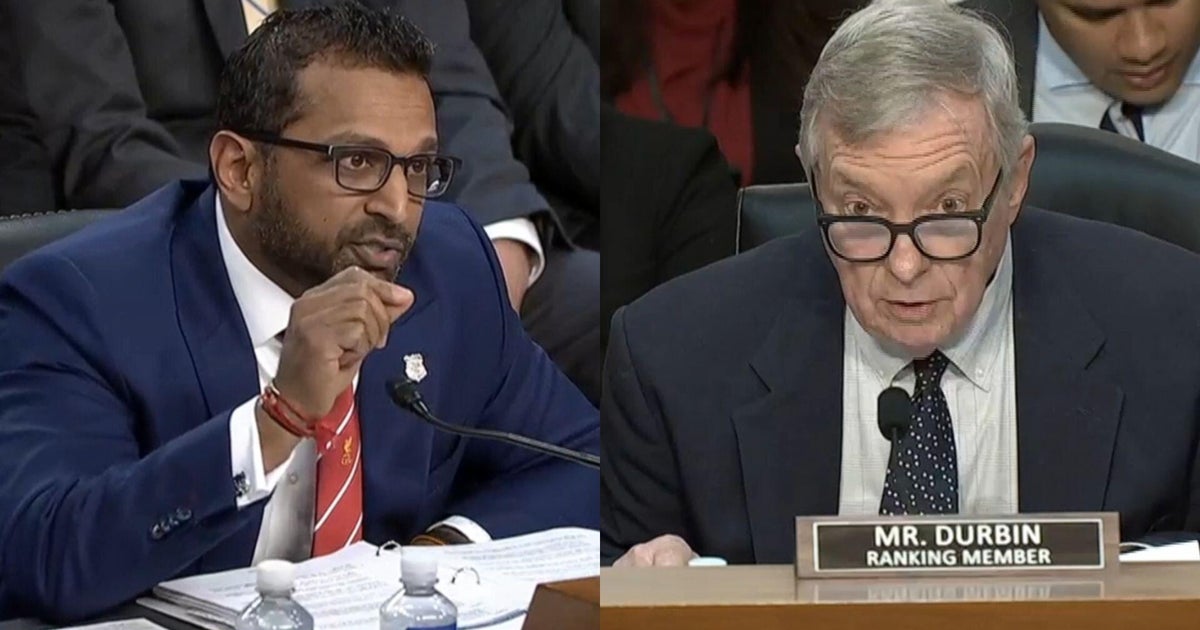A West Australian local government will become the second to push back against a “nonsensical” government committee that has voted to disallow proposed cat containment laws.
The Shire of Pingelly attempted to push their plans, named the Save the Numbat Local Law, through the committee that reviews shires’ legislation against the state Cat Act, but those plans were not supported.

Numbats in the Dryandra woodlands of WA, which along with the Pingelly area is one of only a handful of locations the once-widespread species is still found.Credit: Robert McLean
Shire chief executive Andrew Dover said they had received a 14-page letter, pointing to issues with their proposed laws that the committee claimed did not meet requirements.
The catch, Dover said, was they had copy-pasted the Narrogin cat containment plan – which the committee passed through in 2016 – only changing the name to the Save the Numbat Local Law.
“We have been provided with no reasoning as to why our situation was different to Narrogin,” Dover said.
“They said our proposal is not in accordance with the Cat Act, and it can’t go through, but it obviously has gone through because it’s in Narrogin.
“Although it was an absolutely expected decision I would like some clarity on why.”
Dover said the council was going to ignore the recommendation for disallowing the laws, and would be implementing them in the shire until their case had been heard in the upper house.
That decision follows in the footsteps of the City of Bayswater, which pushed back against a decision to disallow their proposed laws, and will find out the outcome of that move from the upper house on September 16.
Dover suggested the current process was “a bundle of red tape that needs to be cut through”.
WA Feral Cat Working Group executive Bruce Webber said 26 local governments have attempted to get containment laws through – seven, including Pingelly, have tried twice – but only three had succeeded.
“To now have Pingelly’s local law recommended for disallowance, while Narrogin’s identical law still stands just down the road, is nonsensical at best,” he said.
“These local governments are simply trying to implement what their community are asking for, which is a more responsible approach to cat ownership that includes local laws to prevent pet cats from roaming.
“The Shire of Pingelly is one of only a few places left in Australia where numbats can still be seen in the wild.
“What do we gain from blocking an evidence-based law focused on providing protection to the numbat from cats, one of its greatest threats.”
Local Government Minister Hannah Beazley was contacted for comment but did not respond by deadline.
Cat Haven chief executive Roz Robinson said the not-for-profit took in more than 8000 cats per year and 54 per cent of them on average were strays.
Around 87 per cent of those strays were not de-sexed.
In the year since January, the refuge has taken in 1491 stray cats and 2382 stray kittens, brought in by local councils and members of the public. In August alone, those numbers were 367 and 206 respectively.
The Cat Haven saw a 40 per cent increase in total stray intake in August 2025 when compared to August 2024.
“If we had cat containment laws it would mitigate those numbers,” Robinson said.
“It would also be better for the cat. Fights between cats can become nasty and result in abscess’ or the transmission of FIV, and we see many brought to us with road-related trauma.
“During adoptions here we always advocate for keeping your cat contained.”
She said the current cat laws were also problematic as they only stated it was mandatory to de-sex cats at six months, but they were able to breed from four to five months.
She also said people would book in for a free de-sexing at the Cat Haven but then cancel multiple times.
Loading
“We contact the local councils as they are the ones with the powers to enforce the cat law, but often they simply don’t have the resources to follow up,” she said.
The Cat Haven last year implemented at Stray to Stay program, encouraging people to keep stray cats they bring in by offering to pay for vet work including de-sexing, microchipping, vaccinations and parasite control, under the condition those cats remain contained to the property.
“It means we get a fast turnaround on the cat out of the shelter and it is going back to someone who knows it to a degree,” Robinson said.
Most Viewed in National
Loading


















































